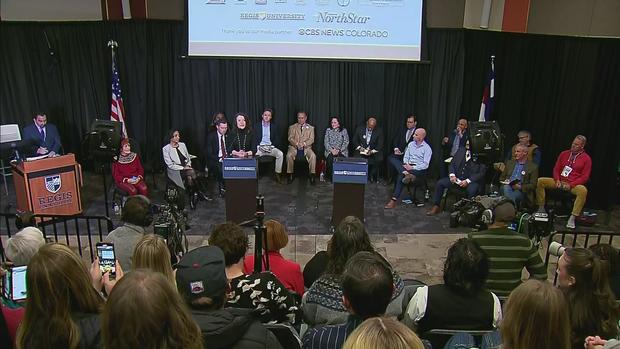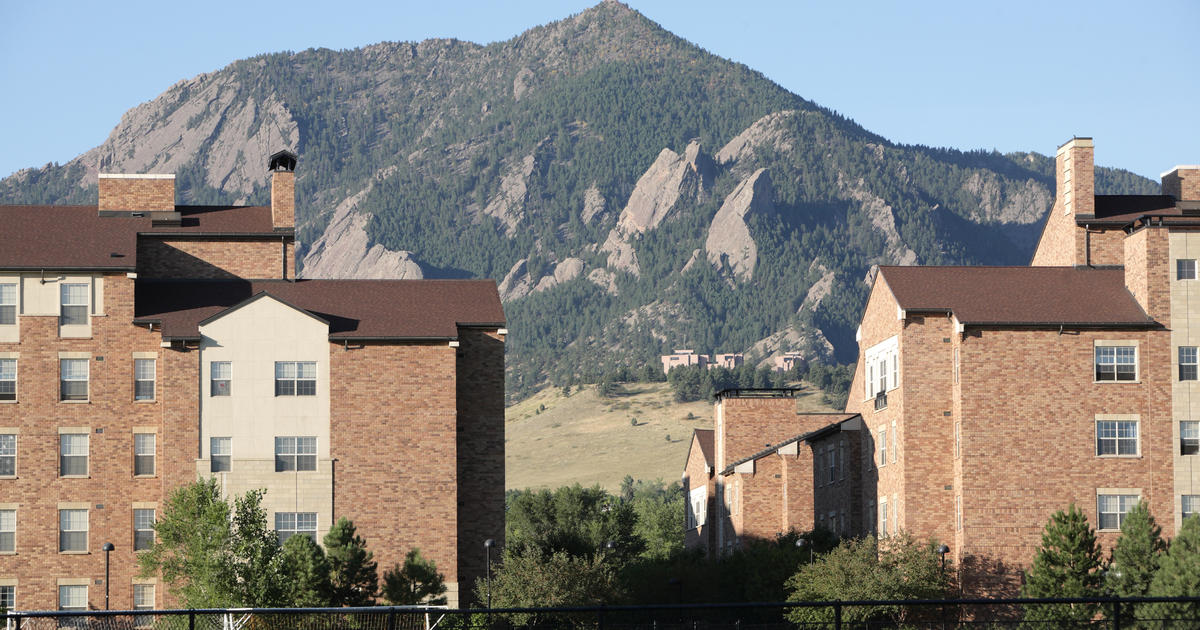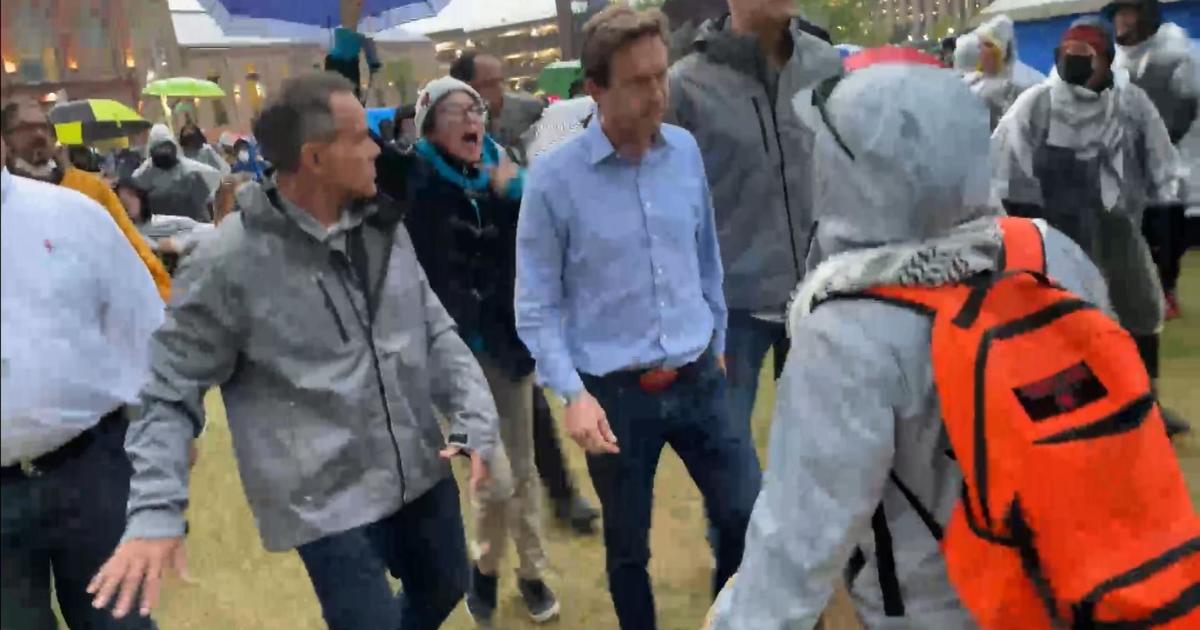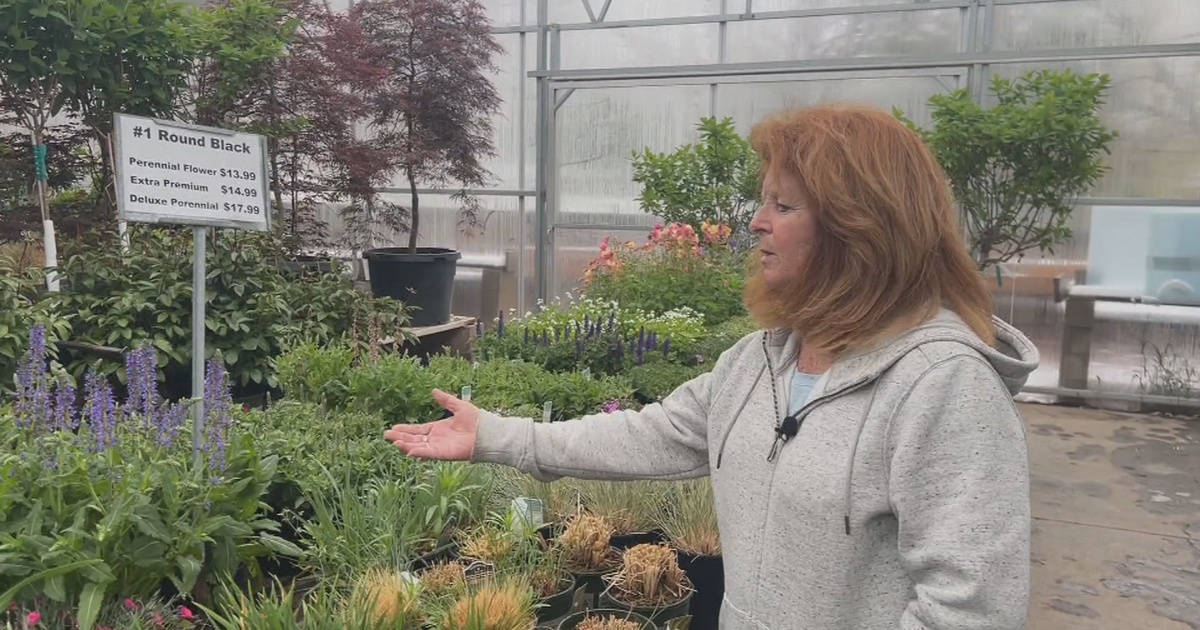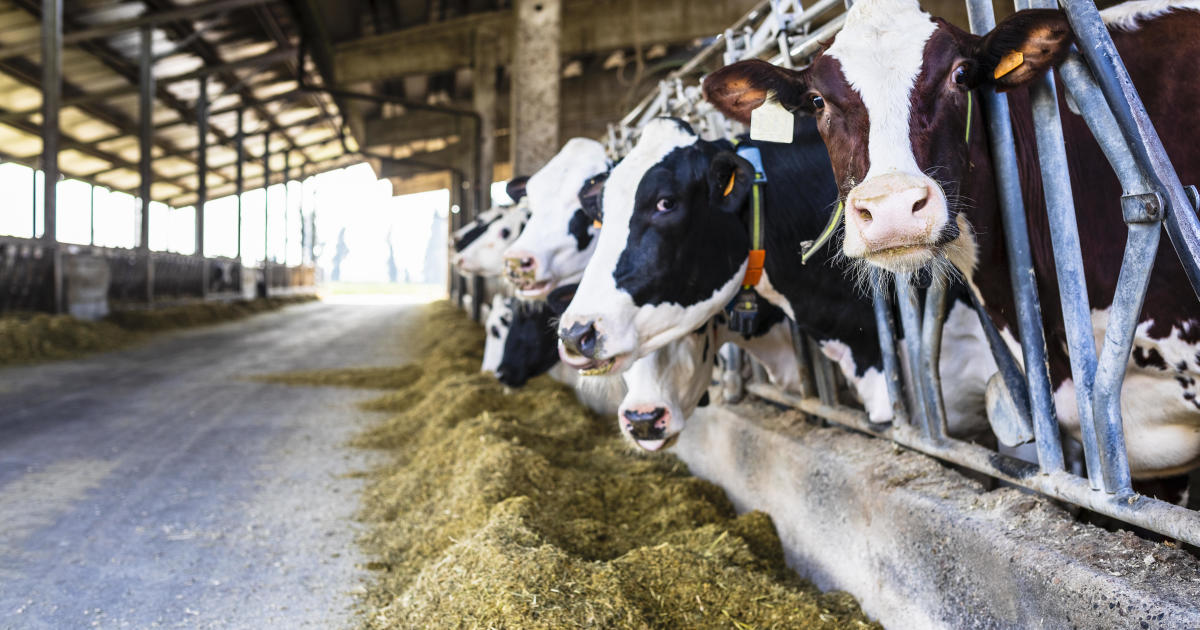Denver mayoral debate: Candidates talk crime, police brutality and solutions
Local elections in Denver will take place in less than two months. Among the races that voters will decide include mayor, city council, city council at-large, auditor and clerk and recorder.
The race for mayor will likely be a heated one, with 17 people in the running as of Dec. 4.
On Thursday, CBS News Colorado was the media sponsor of the first mayoral debate, which took place at Regis University.
All 17 candidates were invited, and all of them participated except Al Gardner, an IT executive who's served on several city boards, because his daughter had a baby earlier that day.
Ballots for this election will start getting mailed out March 13 and the last day to vote will be April 4. If no candidate wins more than 50% of the vote, there will be a runoff election on June 6.
Due to the number of candidates, CBS News Colorado Democratic political analyst Mike Dino says candidates might only need 20% of the vote to make it to a runoff election.
Mayor Michael Hancock's term is about to expire and he can't seek another due to term limits.
A full list of mayoral candidates so far includes the following:
- Renate Behrens
- Kelly Brough
- Lisa Calderón
- Al Gardner
- Chris Hansen
- Leslie Herod
- Mike Johnston
- Aurelio Martinez
- Deborah "Debbie" Ortega
- Terrance Roberts
- Trinidad Rodriguez
- Andy Rougeot
- Kwame Spearman
- Ean Thomas Tafoya
- Robert Treta
- James Walsh
- Thomas Wolf
The debate covered some of the topics front and center on most Denverites' minds. Those topics included affordable housing, homelessness, crime, transportation and environmental issues.
All 16 candidates in attendance were able to speak on each topic, which made for a lengthy debate with responses capped at 30 seconds each.
On the topic of crime and safety, the moderator asked what candidates planned to do about crime, safety and related concerns.
Regarding youth crime and kids and teens joining gangs, Behrens said she doesn't have children, but that responsibility -- and fault -- lies in the generation of current kids' parents and grandparents
Brough, a former head of the Denver Chamber of Commerce and former policy analyst for city council, said public safety is not just what happens after someone calls 911, but the efforts taken to reduce and prevent crime before it happens.
"We know access to economic opportunity, an excellent education, stable housing, support systems and safety nets," she said. "Every member of my cabinet will have responsibility for making our communities and our neighborhoods safe, not just our police department."
In a rebuttal, Martinez -- a former boxer who owns a business center in Denver -- said the city needs to bring back youth activities and sports, "so they don't have to just sit in the park and do nothing." Brough said she and her colleagues did exactly that in 2007 and the city saw a reduction in kids being both victims and perpetrators of crime.
Rodriguez, a finance professional and former policy adviser for the Colorado Department of Natural Resources and Colorado Governor's Office, said education is not a substitute or preventative to crime and that he said he would grow Denver's Police Department, which he says is the same size it was in 1997.
Calderón, the executive director of Emerge Colorado and a faculty member at Regis University and CU Boulder, said we need to stop calling young people "gang members" because "when they see themselves as being criminalized, they don't look at themselves as having a future." She went on to say that through her work, 18- to 24-year-olds were the hardest people to work with because intervention programs are more geared toward children or older adults.
Hansen, a current state senator, said the issue is "deeply personal" to him, as the father of two teenage boys. He said we need to restart youth programs, sports and things like Big Brothers, Big Sisters so we can engage with young people and keep them active.
Roberts, a former gang member-turned-activist, also said the city needs more dedicated spaces for kids: "We need to get the youth involved with the arts. Domestic violence is the number one precursor to gang violence, not fathers that are missing. That's an old, antiquated, racist saying and we need to have more dedicated art spaces for positive youth activity."
Herod, a Colorado state representative since 2016, was the first candidate to be asked a new question on the topic of crime -- how to reduce car thefts, porch piracy and other non-violent property crimes.
"We need to break up the crime rings," she said. "These are not individual actors. We need to be investigating and we need to hold these people accountable. We need more investigators in the field. We've gotta make sure the victims get justice."
Johnston, a former state senator, said he would create a dedicated auto theft unit in the Denver Police Department and put more first responders on the streets, including police officers, paramedics and mental health experts: "No Denver resident should be afraid to walk in their own neighborhood or have to look out their window every night to see if their car is going to be there the next morning."
Ortega, a Denver city councilwoman at-large and Denver Homeless Commission's first executive director, said she would create a dedicated metro task force that would liaise between Denver police and those in surrounding cities to address what she called an influx of drugs into Denver.
Dezzutti, the moderator, asked the next group of candidates a new question; what can be done to reduce violent crime? He prefaced that question by saying gun deaths were down in Denver last year but gun-related injuries were up.
Roberts spoke about his own past, being a gunshot victim in 1993 and again in 1994: "We have to make sure people don't feel like they have to use a gun. Gun violence is an epidemic of poverty and we need to use our public safety budget to address the cycle of poverty. Housing is our main issue in Denver and our violence issue stems from our housing."
Rodriguez said in addition to growing the police force, he wants to expand and enhance specialized units and "grow equity" to build trust with the community.
Rougeot, an Army veteran and owner of a small maintenance company, said the city's murder rate has nearly tripled in the last 10 years, and that he'd increase the budget for the Denver Police Department and the city's 911 call center so callers don't have to sit on hold.
Spearman, who owns the independent bookstore Tattered Cover and sits on several city boards, said police need to actually enforce its laws. He also accused several competitors in the race -- those who have sat on the city council and state legislature -- of emboldening or encouraging crime by decriminalizing certain crimes.
"We've had five catalytic converters stolen from our van," he said. "If we don't enforce our laws, crime continues to escalate, and now we're starting to see that with violent crime."
The moderator then asked a new question: What would you do to reduce or eliminate excessive force problems among the Denver Police Department, which has paid millions of dollars in settlement cases?
Tafoya, a civil rights and environmental justice leader and co-chair of the Colorado Environmental Justice Action Task Force, said he was part of a coalition that urged the city to log its use of force during the 2020 protests due to its cost to the city and harm to people. He said 30 seconds was not enough time to detail the reforms he supports, but that there are many.
Treta -- a contractor, builder and architect -- said he would boost the department's internal affairs division to better investigate complaints and wrongdoing within the department.
"If we had a real internal affairs department that actually listened to phone calls," he said, "that will solve all of our problems -- well, most of them."
Walsh, a history and political science professor at CU Denver, said he would expand the STAR Program -- which sends mental health workers and paramedics to nonviolent mental health crises -- and increase de-escalation training and mental health services for police. But he pushed back on candidates' talk of crime rates: "Historically, that's been used to justify the remilitarization of police forces, so we have to be careful of that."
Wolf, an investment banker who ran for mayor in 2011, said that due to the police department's budget, ($245.9 million last year) which comprises a huge swath of the city's budget, he would reform how settlements are paid out.
"In the business world, you'd manage that employee," he said. "If they're creating that liability, it would come out of their budget or out of their department's budget. Currently, it comes out of the general fund. There's no connection there." He also said if elected, he'd enhance communication between his office, the police department and residents.
Due to the number of candidates and length of the debate, CBS News Colorado will provide similar recaps on other portions of the debate in the coming days.
You can watch the full two-hour debate here.
For more information on all the candidates, voting locations, voter registration status and more, click here.
